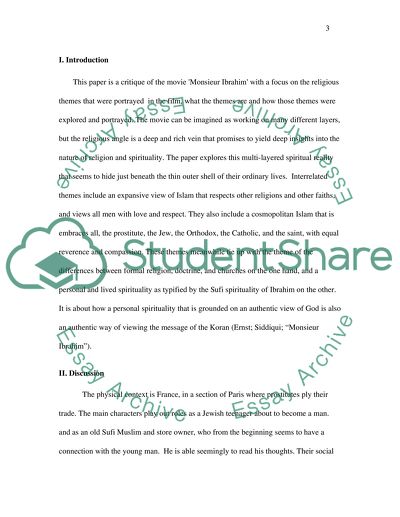Cite this document
(“A Critique of the Movie Monsieur Ibrahim Review”, n.d.)
A Critique of the Movie Monsieur Ibrahim Review. Retrieved from https://studentshare.org/visual-arts-film-studies/1498028-film-critique-essay-watch-the-movie-monsieur
A Critique of the Movie Monsieur Ibrahim Review. Retrieved from https://studentshare.org/visual-arts-film-studies/1498028-film-critique-essay-watch-the-movie-monsieur
(A Critique of the Movie Monsieur Ibrahim Review)
A Critique of the Movie Monsieur Ibrahim Review. https://studentshare.org/visual-arts-film-studies/1498028-film-critique-essay-watch-the-movie-monsieur.
A Critique of the Movie Monsieur Ibrahim Review. https://studentshare.org/visual-arts-film-studies/1498028-film-critique-essay-watch-the-movie-monsieur.
“A Critique of the Movie Monsieur Ibrahim Review”, n.d. https://studentshare.org/visual-arts-film-studies/1498028-film-critique-essay-watch-the-movie-monsieur.


